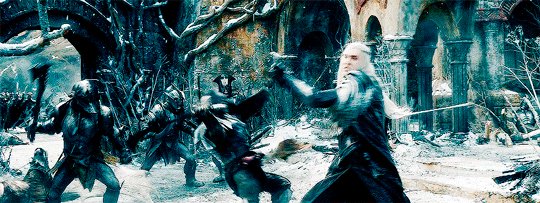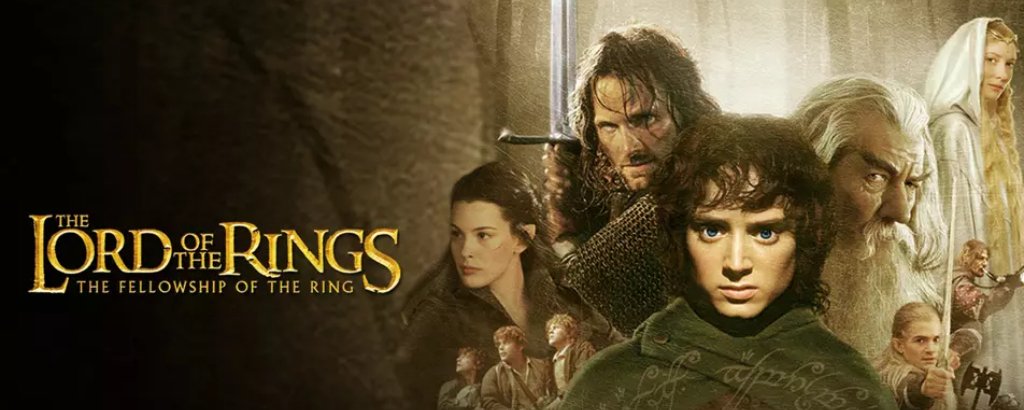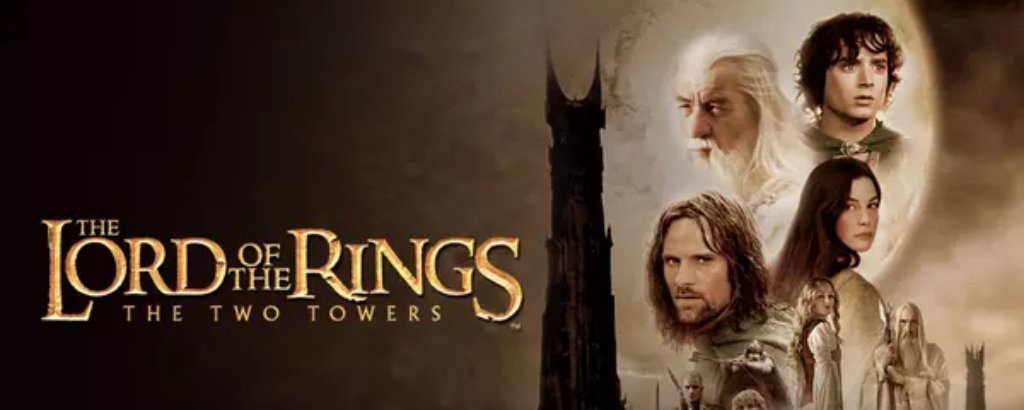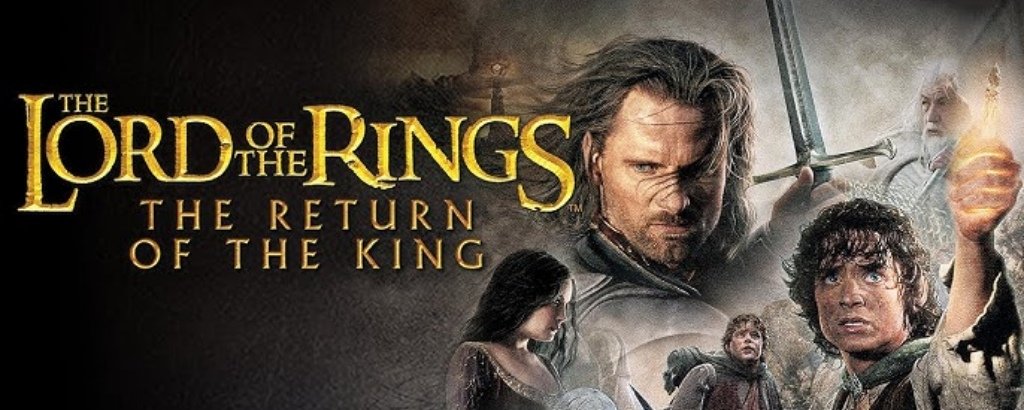


An Epic Journey: The Lord of the Rings Trilogy
J.R.R. Tolkien's epic fantasy novel, The Lord of the Rings, was brought to life in a stunning cinematic adaptation by director Peter Jackson. Released between 2001 and 2003, the trilogy captivated audiences worldwide, transporting them to the enchanting realm of Middle-earth. This essay delves into the enduring appeal of the Lord of the Rings films, exploring their masterful storytelling, stunning visuals, and profound themes.
One of the most striking aspects of the Lord of the Rings trilogy is its ability to immerse viewers in a richly detailed world. Jackson's meticulous attention to detail, coupled with groundbreaking visual effects, created a breathtaking cinematic experience. The breathtaking landscapes of New Zealand served as the perfect backdrop for Middle-earth, bringing to life the iconic locations of the Shire, Rivendell, Mordor, and many more. The intricate costumes, makeup, and prosthetics transformed actors into unforgettable characters, from the noble Aragorn to the menacing orcs.
Beyond its stunning visuals, the Lord of the Rings trilogy is a masterclass in storytelling. The films faithfully adapt Tolkien's complex narrative, weaving together epic battles, poignant character arcs, and a timeless tale of good versus evil. The Fellowship of the Ring, a diverse group of heroes, embarks on a perilous quest to destroy the One Ring, an artifact of immense power that threatens to plunge Middle-earth into darkness. Along the way, they face countless challenges, from treacherous mountain passes to the relentless pursuit of the Nazgūl.
The characters in the Lord of the Rings are complex and relatable, despite their fantastical origins. Frodo Baggins, the unassuming hobbit who bears the weight of the One Ring, embodies courage and resilience. Aragorn, the rightful heir to the throne of Gondor, embodies honor and leadership. Gandalf the Grey, a wise wizard, guides the Fellowship with his wisdom and magic. These characters, along with many others, are brought to life by exceptional performances from a talented cast.
The Lord of the Rings trilogy also explores profound themes that resonate with audiences of all ages. The corrupting influence of power, the importance of friendship and loyalty, and the enduring nature of hope are just a few of the themes that permeate the films. The ultimate battle between good and evil serves as a powerful metaphor for the struggles we face in our own lives.

JOHN RONALD REUEL TOLKIEN, (3 January 1892 2 September 1973) was an English writer and philologist. He was the author of the high fantasy works The Hobbit and The Lord of the Rings.
From 1925 to 1945, Tolkien was the Rawlinson and Bosworth Professor of Anglo-Saxon and a Fellow of Pembroke College, both at the University of Oxford. He then moved within the same university to become the Merton Professor of English Language and Literature and Fellow of Merton College, and held these positions from 1945 until his retirement in 1959. Tolkien was a close friend of C. S. Lewis, a co-member of the informal literary discussion group The Inklings. He was appointed a Commander of the Order of the British Empire by Queen Elizabeth II on 28 March 1972.
After Tolkien's death, his son Christopher published a series of works based on his father's extensive notes and unpublished manuscripts, including The Silmarillion. These, together with The Hobbit and The Lord of the Rings, form a connected body of tales, poems, fictional histories, invented languages, and literary essays about a fantasy world called Arda and, within it, Middle-earth. Between 1951 and 1955, Tolkien applied the term legendarium to the larger part of these writings.
While many other authors had published works of fantasy before Tolkien, the tremendous success of The Hobbit and The Lord of the Rings ignited a profound interest in the fantasy genre and ultimately precipitated an avalanche of new fantasy books and authors. As a result, he has been popularly identified as the "father" of modern fantasy literature and is widely regarded as one of the most influential authors of all time.



A humble hobbit, Frodo Baggins, inherits a seemingly ordinary ring. Unbeknownst to him, it's the One Ring, an artifact of immense power created by the Dark Lord Sauron. To prevent Sauron's return, Frodo and a Fellowship of nine companions embark on a perilous quest to destroy the Ring in the fires of Mount Doom, the only place it can be unmade.
The Fellowship is broken, and Frodo and Samwise Gamgee continue their perilous journey to Mordor, guided by the treacherous Gollum. Meanwhile, Aragorn, Legolas, and Gimli unite with the Rohan horsemen to defend Middle-earth against Sauron's growing forces. As the war escalates, the fate of the world hangs in the balance.
Frodo and Sam draw closer to Mount Doom, facing countless dangers and the Ring's corrupting influence. Aragorn, now revealed as the rightful King of Gondor, leads a desperate assault against Sauron's armies at the Black Gate. As the forces of good and evil clash, the fate of Middle-earth rests on the shoulders of a small hobbit and a great king.
 SMApepe Movie Collection
SMApepe Movie Collection